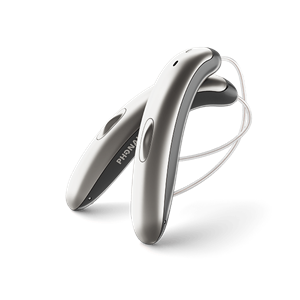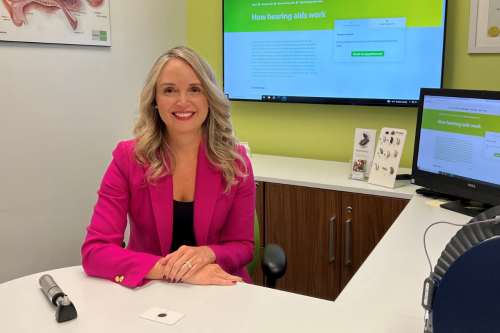4 ways we can all protect our hearing | Connect Hearing


4 ways we can all protect our hearing | Connect Hearing
5 Min.
Publication Date: July 18, 2019
Hearing is one of the five senses that allows us to interact with our surroundings. Hearing allows us to enjoy music, experience the sounds of nature or take in the words uttered by other people. This sense is also fundamental when it comes to our safety and spatial orientation. However, most people don't adequately protect their hearing and instead adopt habits that are detrimental to it. Often people are not aware of the damage they are causing. Keep reading for a few ways in which all people should protect their hearing!
1. Avoid exposure to excessive noise.
Noise is one of the most common causes of hearing loss. That’s why you should be vigilant when it comes to exposing yourself to noise. It can hit you anywhere: In traffic, at your work place and even in your free time.
Take the following preventative measures to protect yourself:
- use hearing protection at noisy work places such as factories or construction sites;
- avoid spending long periods of time in noisy places indoors;
- when attending shows and parties, stay away from the speakers;
- avoid listening to loud music for long periods of time. When it comes to speakers, a volume of less than 80 Decibels would be ideal; If you are listening to music at 80-85 decibels or more, you shouldn’t do so for longer than 8 hours.
2. Avoid using headphones for prolonged periods of time.
Excessive use of headphones at a loud volume may permanently damage your hearing and cause tinnitus, headaches and irritability.
This is due to the fact that your headphones produce high intensity sound waves inside your ear that are too much for the hearing cells responsible for sound absorption. This overload can cause injuries that in turn impair your hearing.
5 % of all cases of hearing loss can be attributed to the improper use of headphones. Take the following protective measures to prevent problems resulting from the use of such devices:
- If possible, use headphones that cover your ears. This type of headphones has better noise cancelling abilities, allowing you to listen to music at a lower volume.
- don’t exceed a volume of 60 Decibels.
3. Clean your ears correctly.
Despite the fact that cleaning one’s ears with Q-Tips is regarded as a healthy habit, their use can actually result in serious hearing issues.
The wax produced by glands in your ear is responsible for protecting and lubricating your ear canal and prevents water, dirt and foreign objects from entering. This is why it must not be removed from the ear canal.
Moreover, Q-Tips can cause injuries during insertion that can result in infections, ear drum perforation and hearing loss.
For these reasons, the best way to clean one’s ear is to only clean the outside. Never insert any materials into your ear canal since your body is capable of discharging the wax inside by itself.
If your ear still requires cleaning consult an audiologist to have them clean it or remove excess wax from your ear.
4. Visit your audiologist regularly.
At first, patients usually don't notice that they are losing their hearing since the process is a slow and quiet one. This is why people wait too long before they go to the doctor.
However, in many cases, hearing loss – detected early on – can be treated well and the patient’s quality of life and general health can be significantly improved. This is why it’s important you consult an audiologist once every year.
Besides checking for hearing issues, the doctor can examine your ears’ general health and diagnose possible allergies or infections as well as other types of structural injuries. After this it should be obvious how important it is to protect your hearing. Follow our advice and keep your ears healthy for many years to come.
Would you like to know how good your hearing is? Take our online hearing test or drop in for a coffee to talk with us about the health of your ears in a relaxed environment. Book an appointment today!




